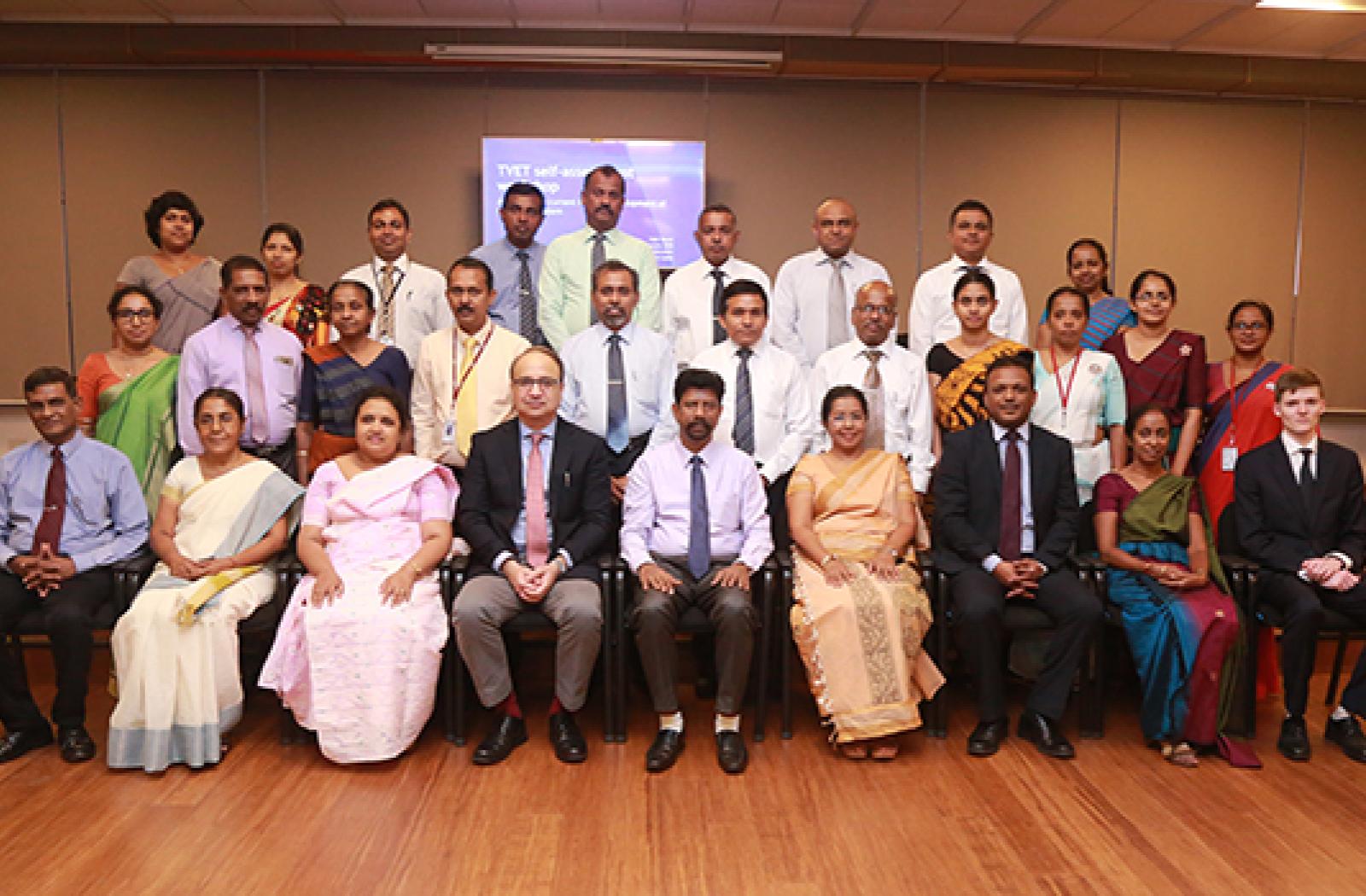A new Commonwealth toolkit that helps governments deliver quality job training is getting top marks from education and training experts in Sri Lanka.

A new Commonwealth toolkit that helps governments deliver quality job training is getting top marks from education and training experts in Sri Lanka.
The Commonwealth presented the toolkit at a Technical and Vocational Education and Training (TVET) Self-Assessment Workshop in Colombo.
The workshop was organised in collaboration with the Sri Lankan Ministry of Education. It brought together people from the public and private sectors to assess Sri Lanka’s TVET system.
Speaking at the workshop, Udaya de Silva, Programme Manager at the Ministry of Skills Development, Employment and Labour Relations: said: “The toolkit is an excellent way for us to promote discussion. It is not overly complex and it adequately covers the whole area of technical and vocational education and training”.
G.P. Sunil, Assistant Director at the National Apprentice and Industrial Training Authority said: “The Toolkit is easy to understand and covers many areas. It is a good tool for analysis of a TVET system, and I think we can use the tool to identify our own problems and issues. We can deliver similar workshop exercises in other ministries”.
Mr Nasir Kazmi, Education Adviser at the Commonwealth Secretariat, developed the toolkit. He explained that the development process included research into TVET policy gaps in Commonwealth countries, extensive consultations, and assessment of existing models.
The toolkit is based on 6 key features of an effective TVET system:
- governance
- employer engagement
- occupational standards
- qualifications framework
- quality institutions
- delivery and assessment.
All features have several levels, values and a scoring grid.
Mr Kazmi said: “I am pleased that the Colombo workshop provided a very good mix of participants who had relevant backgrounds and were well versed in the subject".
Two key areas for development emerged from the workshop:
- further developing and applying Sri Lanka’s national qualifications framework by creating opportunities for multiple pathways
- improving employer engagement with the TVET system by developing stronger partnerships between the public sector, employers and TVET institutions.
The Commonwealth will be running virtual follow-up activities to continue strengthening TVET systems in Sri Lanka.
